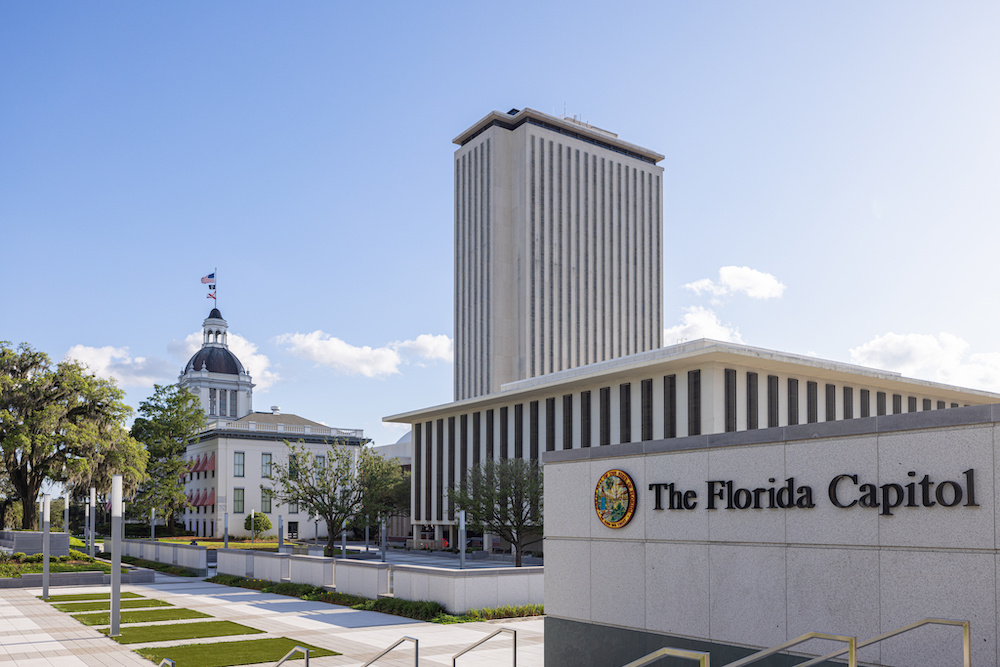Economic Development as a Political Football

Talking about economic development is fun. It must be, since so many people talk about it all the time.
What’s not fun about economic development – beyond the minutiae of an economic impact statement or a demographic analysis of population growth as a determinant of commercial viability – is acknowledging the cost.
Government officials – from Washington to Tallahassee to the county seat and beyond — cite economic growth as a primary focus of their action agendas. Economic “success stories” are touted as evidence of pragmatic planning, solid execution and the creation of a “business friendly” community.
But a shift in the economic winds with a whiff of economic foreboding and everybody forgets the grain of truth in the old adage “You’ve got to spend money to make money.”
Yet it’s not unusual to every so often hear an elected officials question the need for economic development departments and the use of incentives to attract new business development. Confusing tax abatement agreements with cash subsidies – one waives a percentage of property taxes for a specified period with strict guidelines and the other is a grant that doesn’t have to be paid back – as “taxpayer money” that could be better used somewhere else.
After all, who doesn’t want to live in Florida. The beaches, the weather, the palm trees and the attractions and the quality of life. And don’t forget the beaches. And fresh oranges. What more of an incentive does a CEO need to move his headquarters to the Sunshine State?
Economic development is an easy target. It’s a popular concept and everybody thinks it’s important, but it means different things to different people at different times and in different places. And that creates just enough confusion about what economic growth means or how to make it happen to make it an easy target.
Apparently, it is Enterprise Florida’s turn in t he budgetary crosshairs. A bill was filed in the Florida House to shift the agency’s funding to the Florida Department of Economic Opportunity.
It’s not the first time Enterprise Florida was the object of legislative ire.
In earlier challenges to the agency’s future, the incentives offered by Enterprise Florida were derided as “corporate welfare” and its programs were castigated as being against the free market and in favor of large corporations.
This time, the charges are more direct. Opening the 2024 legislative session, House Speaker Paul Renner said Enterprise Florida has “over promised- and under-delivered for years” and the agency “drains funds from higher priorities.”
While economic development programs are not infallible and not every promising deal lives up to the promise, an agency like Enterprise Florida is the state’s “Open for Business” sign to companies looking to expand or relocate. It’s very existence sends the message that the Sunshine State is the place to be and businesses will find a willing and eager partner in local and state government.
More to the point, not everyone is focused on the ins-and-outs of Florida’s annual legislative ballet and a lot of nuance is lost in the blare of headlines and op-ed pieces on both sides of the issue.
Pledging to make government more efficient and focus on “more important” priorities usually plays well with voters. But for business owners it can be confusing and alienating. Whatever the eventual outcome, playing political football with economic development is a losing game in the long run.






